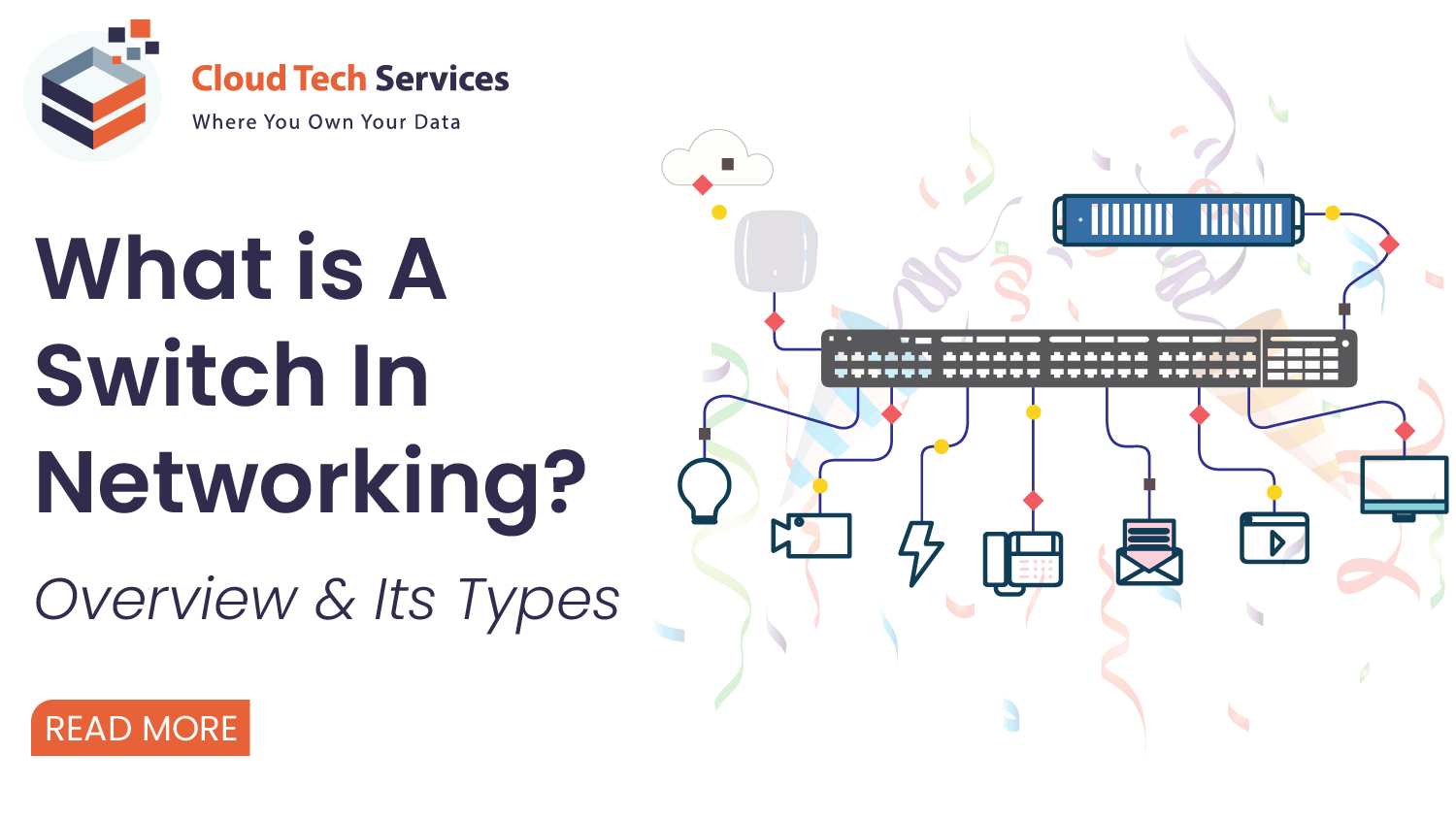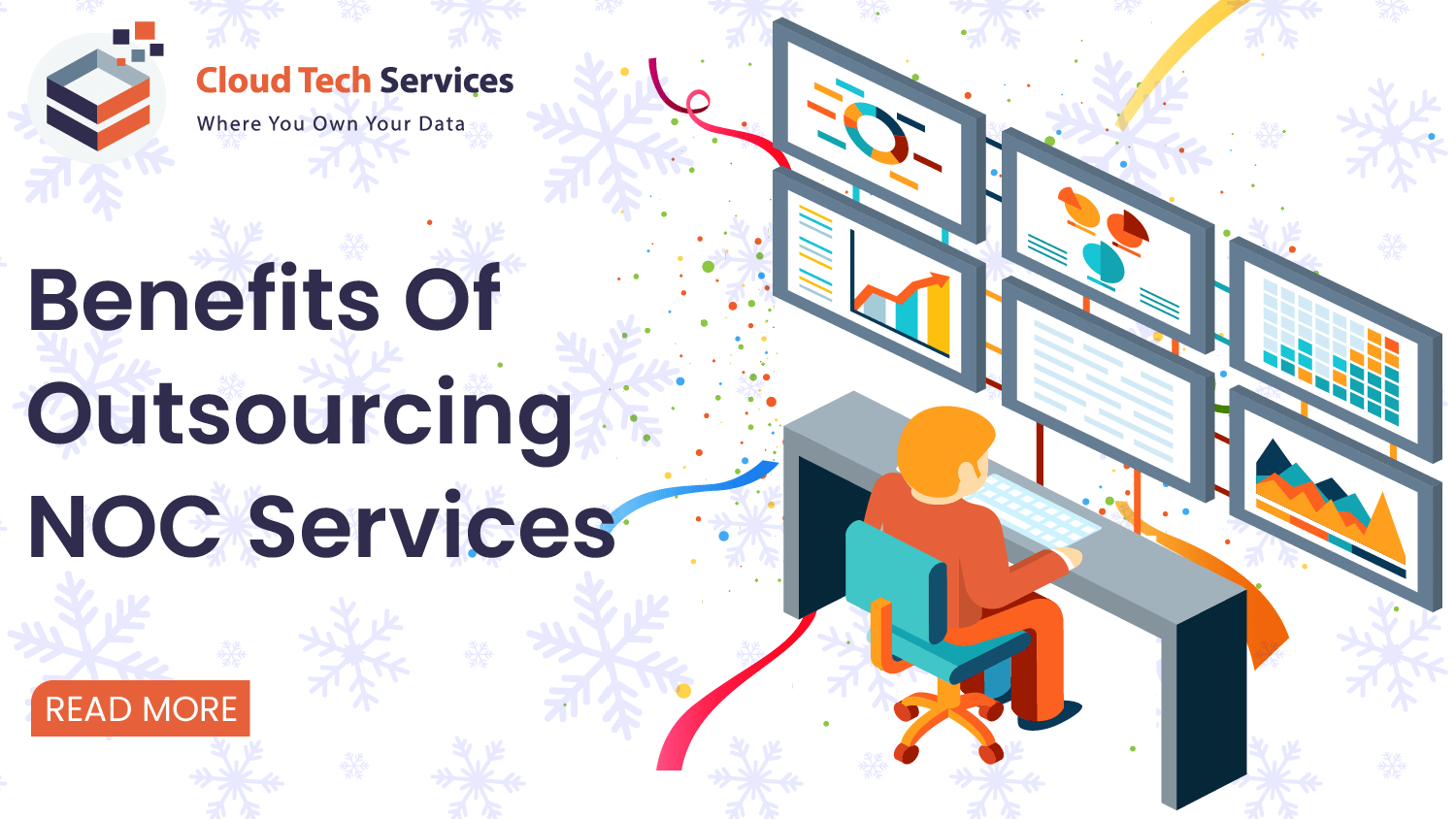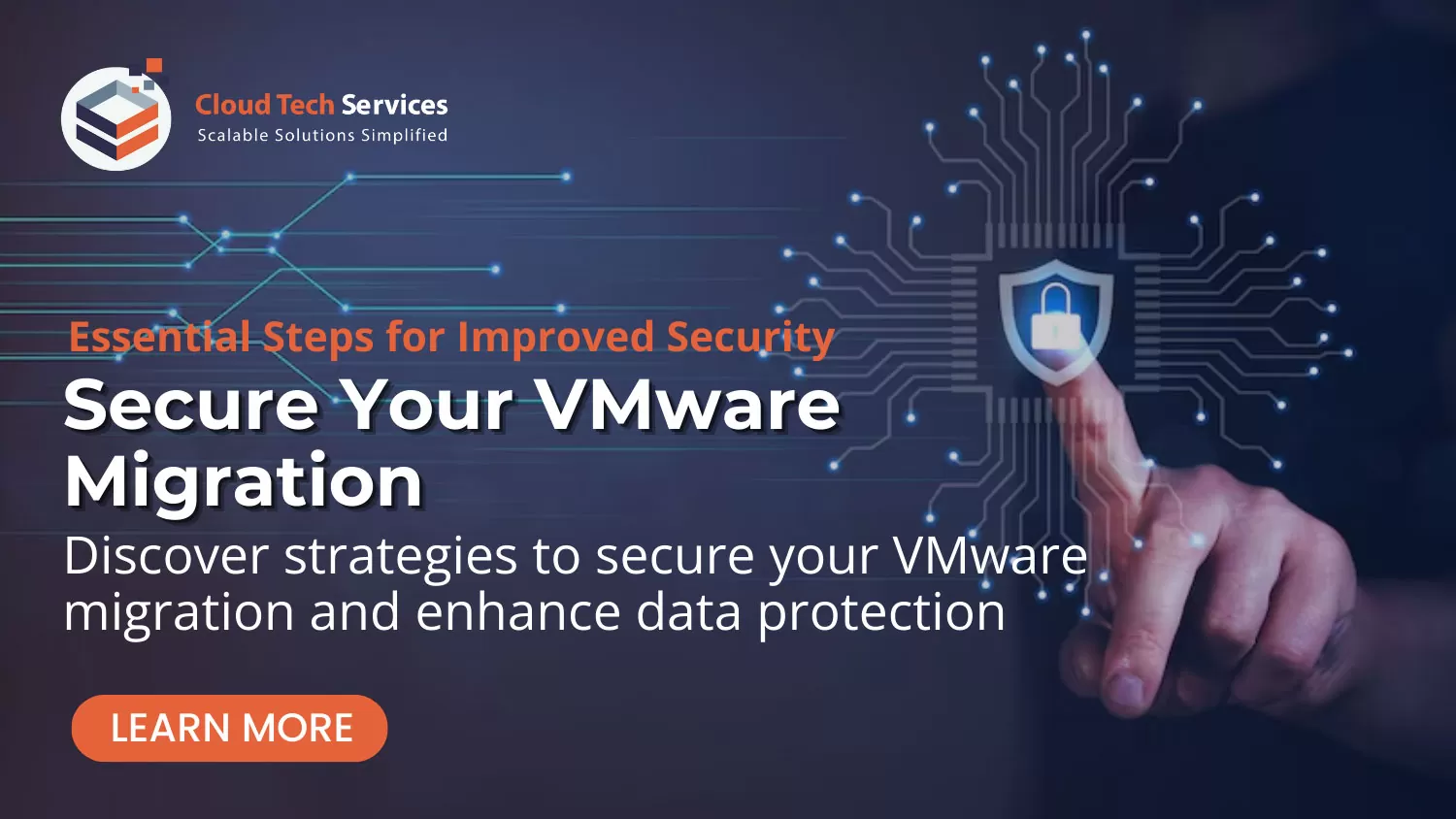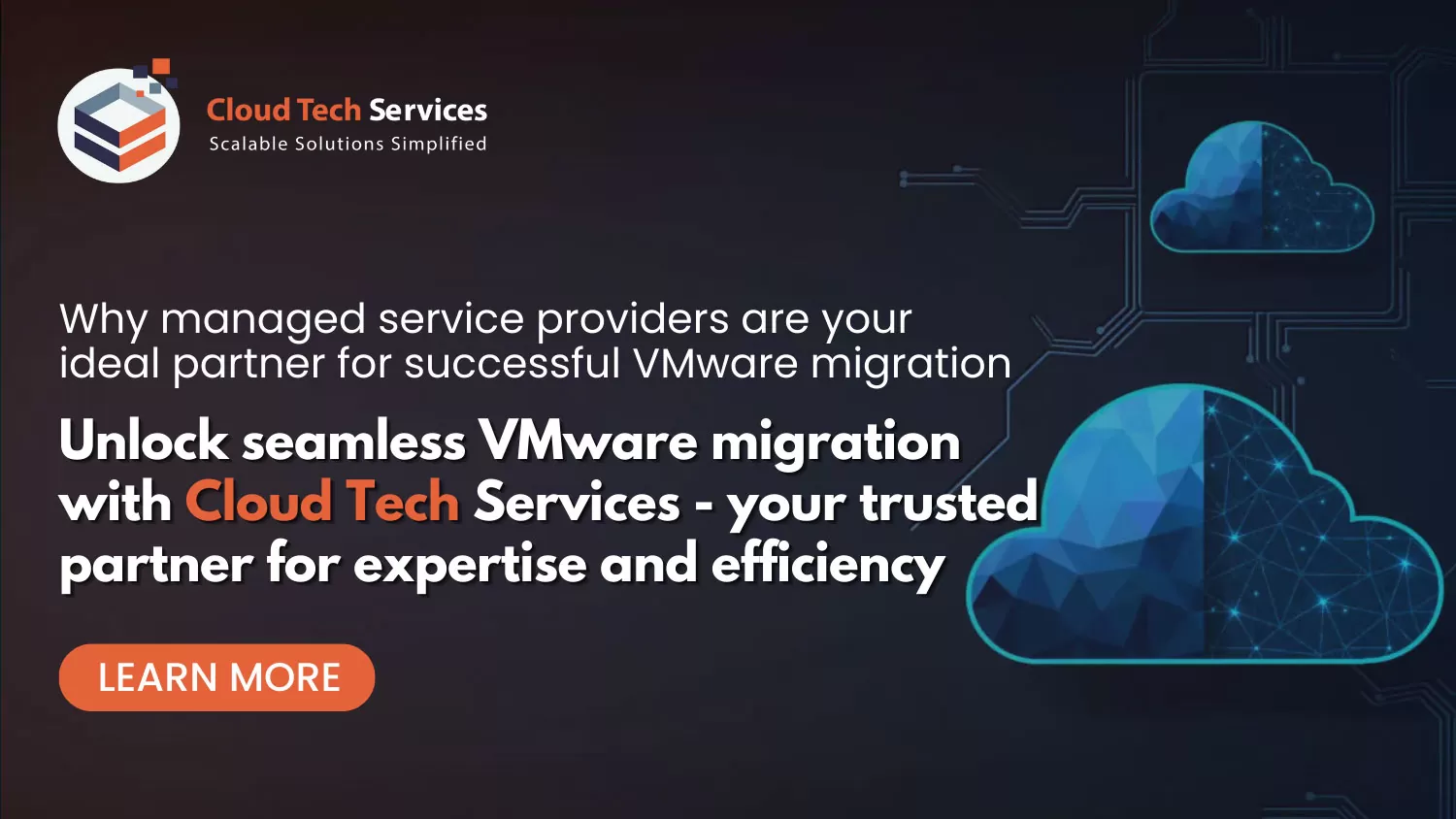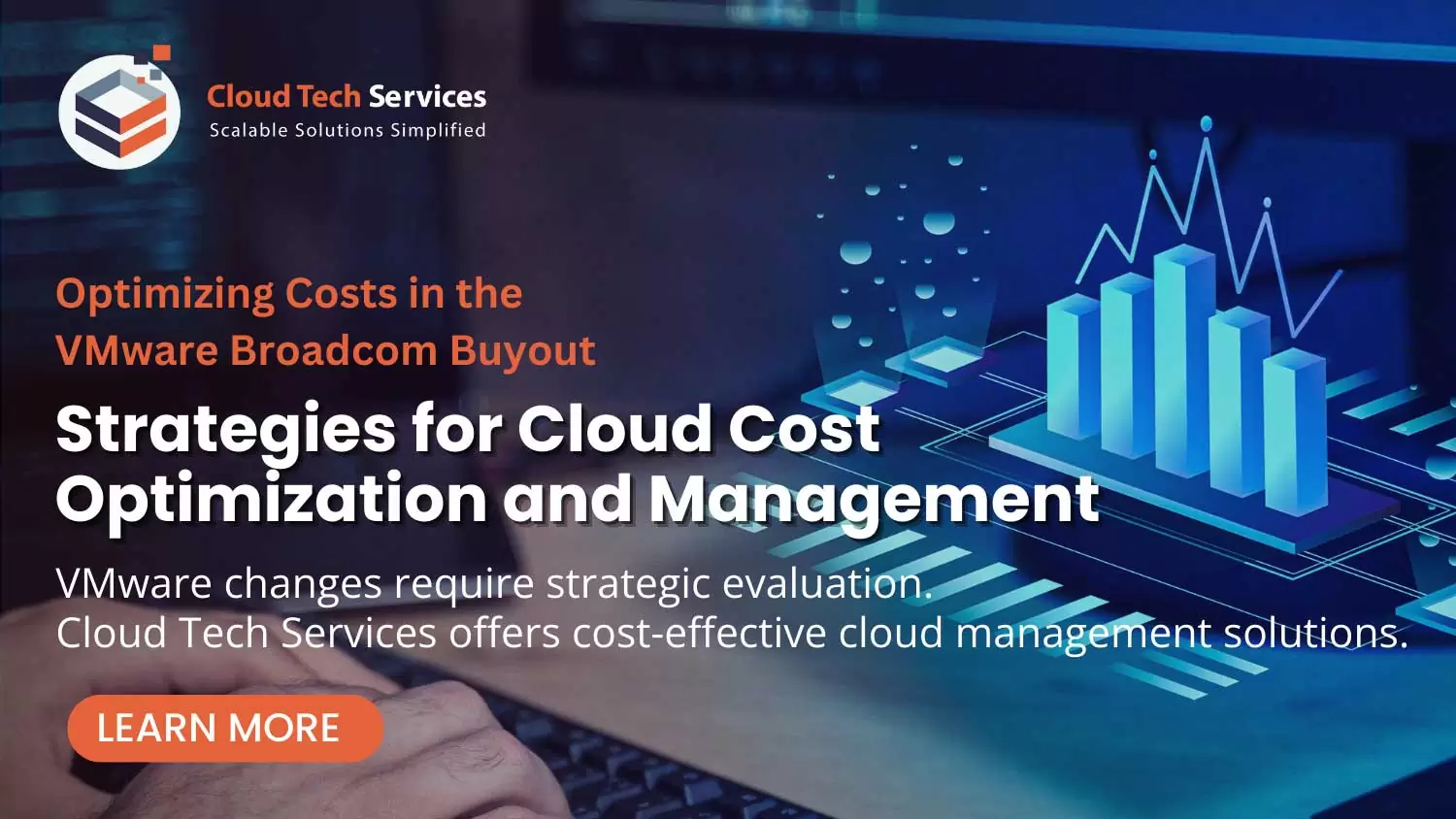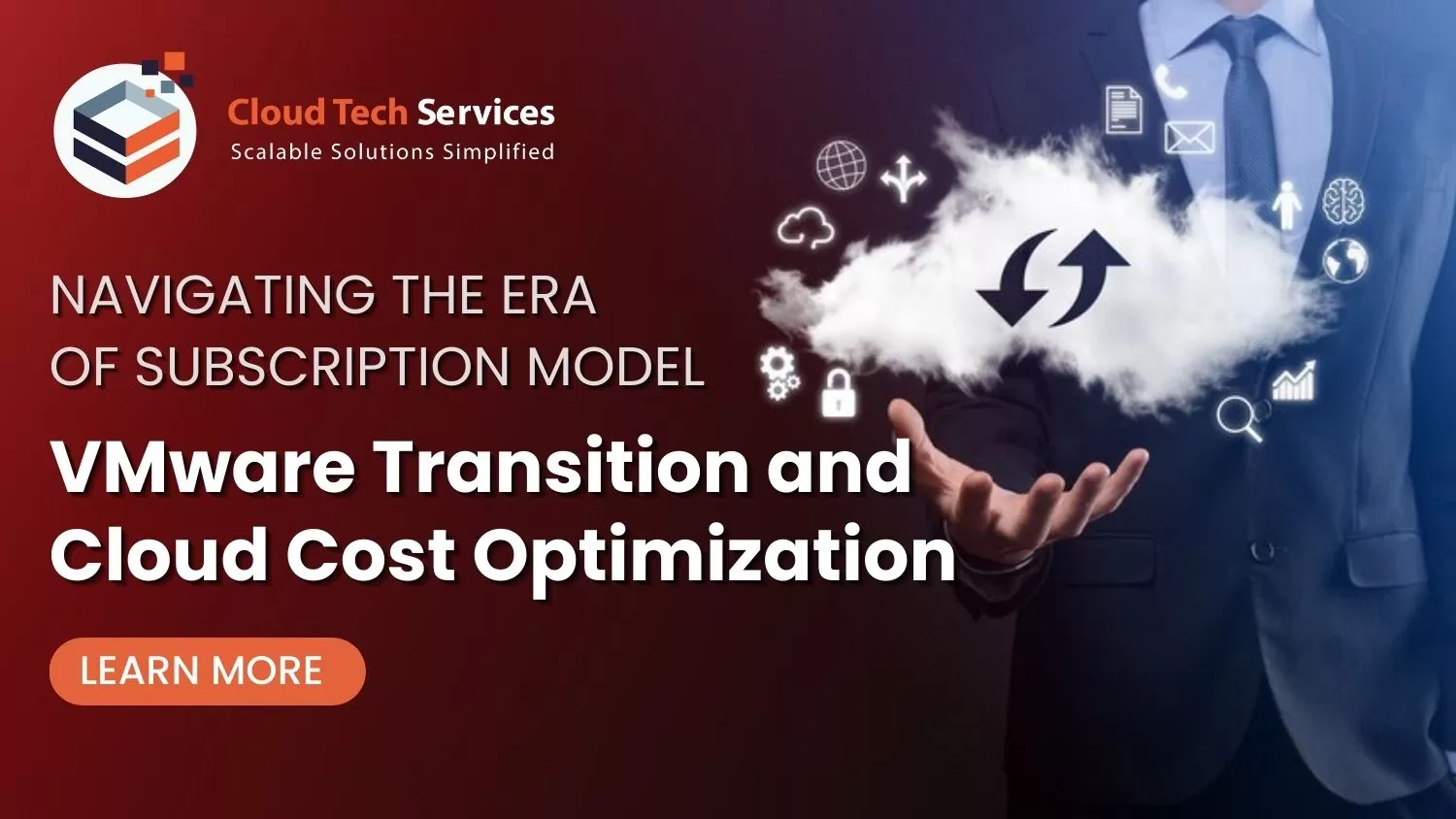Navigating the Era of Subscription based models: VMware Transition and Cloud Cost Optimization
Recently VMware was acquired by Broadcom, and they’ve made the decision to phase out perpetual licenses in favor of subscription-based models. This has caused a huge stir among VMware customers worldwide, leaving many uncertain about the future of their IT environments and support networks.
The Role of VMware in IT Infrastructure
For most businesses, VMware is the hero solution for their IT infrastructure needs, enabling businesses to maximize efficiency and save costs by running multiple virtual machines on the same physical server.
More than 400,000 customers, including 100 percent of Fortune 500 and 100 percent of Fortune Global 100 companies, use VMware.
The report highlights VMware’s widespread adoption across various industries, including healthcare, finance, and government. The perpetual licenses plus necessary security updates were one of the big attractions of VMware.
Challenges of VMware’s Transition to Subscription Model
But with Broadcom at the helm, VMware is charting a new course towards subscription-based licensing, aiming for predictable revenue streams and improved profitability. With this seismic shift by Broadcom, most businesses relying on VMware for their infrastructure needs are left stranded amidst this transition.
Let’s delve into some of the key concerns that VMware’s transition to subscription-based licensing has caused.
Future Uncertainty: Amidst this transition, businesses are left pondering the fate of their current perpetual licenses. This uncertainty has cast a shadow of doubt over decision makers & CIOs who must navigate the shifting tides.
Licensing Pressure: Businesses fear being pressured into purchasing licenses for products they may not need with VMware’s new subscription model, particularly for those exploring multi-cloud, hybrid environments where licensing decisions becomes more complex.
Transition Challenges: The shift from perpetual licenses to subscription poses great challenges for businesses regarding budgeting process, financial planning and contractual agreements. Businesses accustomed to perpetual licenses may find this transition daunting, requiring comprehensive support throughout the process.
Expensive Maintenance & Security Risks: Increasing licensing costs and the demand for specialized technical skills strain IT budgets, potentially compromising system maintenance. Insufficient funding may elevate security risks, underscoring the need to balance cost management with robust infrastructure maintenance.
Subscription Financial Impact: While perpetual licenses require minimal oversight, subscriptions demand consistent tracking to prevent cloud waste, overprovisioning, and underuse, which can jeopardize long-term financial sustainability.
Absence of VMware Software Support – Cost & Security Concerns
With businesses vying for options amidst VMware’s transition, two major concerns arise: cost optimization and cybersecurity. The termination of perpetual licenses presents a challenge for businesses accustomed to their benefits, forcing them to realign their IT expenditures with budget constraints.
Adding to the complexity, the termination of VMware software support poses a significant challenge for clients. Without technical support, security updates, and vulnerability patches, clients face limited options. Migrating cloud workloads to alternative services adds complexity, security risks, raising concerns over potential IT budget overruns.
Cost optimization services play a vital role in helping businesses streamline their expenses and maximize the value of their IT investments. By leveraging cloud economics businesses gain clear visibility into their expenditure patterns, allowing for informed decision making and proactive cost saving measures. From tracking multi-cloud costs to optimizing resource utilization, businesses can achieve operational efficiency and financial sustainability in the shifting landscape.
In the absence of software support by VMware and the looming security risks associated with workload migration and the need for skilled security experts, organizations are left to rely on managed service providers. Proactive surveillance and robust vulnerability assessment has become indispensable in mitigating cyber risks and preserving data integrity.
Partnering with Cloud Tech Services (CTS) for Seamless Transition
With businesses grappling with VMware alternatives and workload migration, managed services like our Cloud Tech Services (CTS) offer a lifeline. Our customized approach to cloud economics and cybersecurity services enables businesses to embark on their transformation journey with assurance and adaptability.
Partnering with Cloud Tech Services grants access to a diverse range of solution services. Our customized approach and Global 24/7 support services help businesses navigate the challenges of transition and unlock the full potential of their digital transformation journey.



